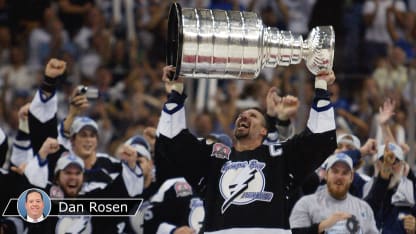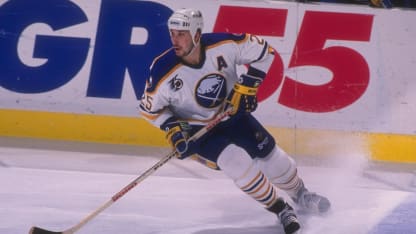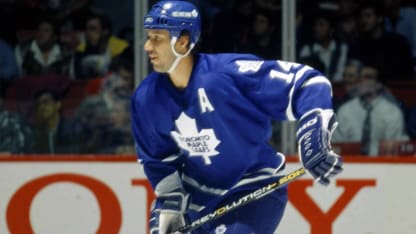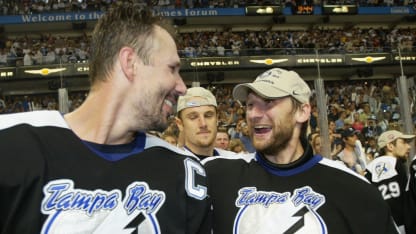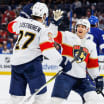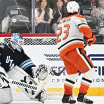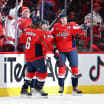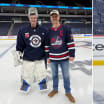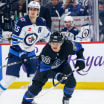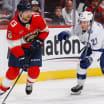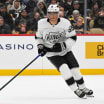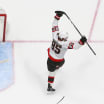The Sabres traded him to the Toronto Maple Leafs during 1992-93, when he scored an NHL career-high 54 goals in 83 games between the two teams. He scored 53 goals in 1993-94 and had 22 more in the lockout-shortened, 48-game 1994-95 season.
"I played against him in minor hockey, a tournament or two, and then in junior, but you don't know how good he is until he's on your team," said Hall of Fame forward Doug Gilmour, who played with Andreychuk in Toronto and later in New Jersey. "You get him on your team, there's respect. The one guy that always stayed on my line was Dave."
The goals were coming in bunches, but it didn't stop critics from questioning his toughness, according to his former coach, John Tortorella, who worked with Andreychuk (6-foot-4, 225 pounds) as an assistant in Buffalo and later won the Stanley Cup with him as Tampa Bay's coach.
"I think a lot of people thought he was lazy because he was a big guy, didn't skate hard, had trouble getting there sometimes and he didn't fight," Tortorella said. "So, they would say, 'He's a big, lazy guy who could stand in front of the net on the power play and bang in some goals.' But he was a good player and I don't think he got enough credit early in his career and he should have. He was one of the great competitors that I ever coached."
Andreychuk was also one of the great net-front players in NHL history.
"His hand-eye coordination for me, I would say, for me, as far as picking pucks out of the air and knocking in rebounds, for his size, was the best I've seen," said Hall of Fame forward Pat Lafontaine, who played with Andreychuk in Buffalo. "It was unbelievable how he could get his stick on deflecting pucks and rebounds and position himself. You couldn't move him."
